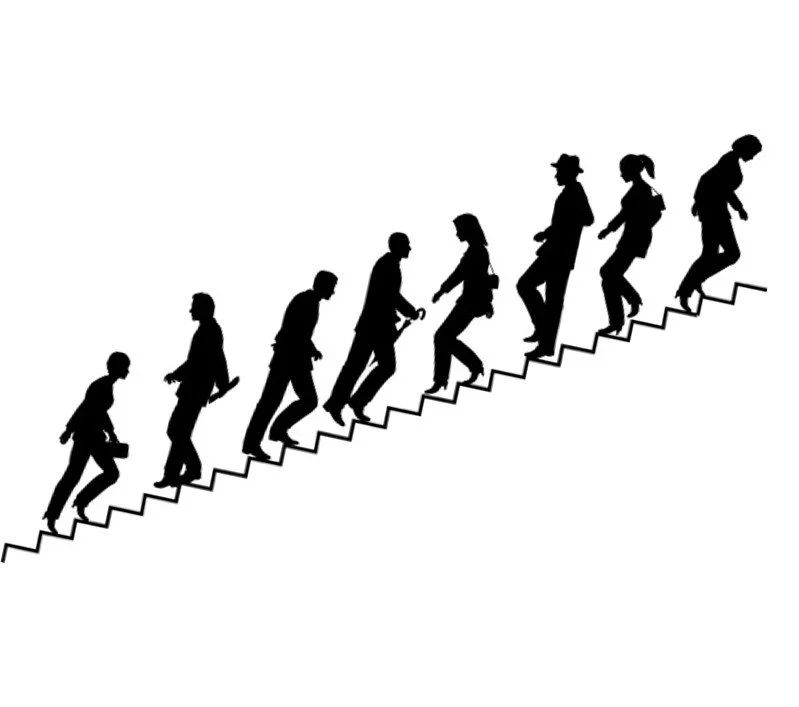Climbing the Nutrition Staircase
My job involves getting to the specifics of what progress looks like for the individuals I’m working with. It involves advocacy, education, deep listening and more than anything, ongoing support.
When it comes to nutrition, there is ALWAYS something to learn (and unlearn) and a myriad of creative ways within the nutrition landscape to improve health. Although everyone is at a different place, progress can be a bit like climbing a staircase. Some prefer to take baby steps, while others leap two steps at a time.
Let me explain what this staircase looks like from my perspective.
The first step is transitioning from a diet which is predominantly comprised of ultra-processed/nutrient poor foods, to one which has more wholefoods.
The second step is one which involves a transition to wholefood dominance. This is when someone is eating predominantly whole, unprocessed foods. It's important to note that taking the first and second step can take weeks, months or even years. There is no set timeline for this process and often there are barriers which need to be addressed so progress can be made.
The third step is taken when there is more of an emphasis on local, seasonal and often organic/ spray-free varieties of wholefoods.
The fourth step involves an even deeper curiosity around how and where these wholefoods where grown and raised, what the soil health is like, and a focus perhaps on homegrown, hyperlocal or regeneratively grown foods.
The fifth step is taken when there is the addition of herbs, kitchen medicines, fermented foods as well as eating more root-to-tip and nose-to-tail.
The sixth/ seventh/ eighth step is, well, a continuum of all of this! I firmly believe the journey is infinite, meaning there is no 'end-point' to health or learning.
With each step, the nutrient density of the diet increases. With each step, the diet becomes richer in secondary metabolites and phytonutrients. With each step, diversity increases, which keeps your cells and microbes happier. With each step, there is a closer connection to food in every way.
Due to all of this, each step taken comes with improved health outcomes, a reduction in the risk of chronic disease and improved overall quality of life.
Barriers to climbing the staircase are very real and this is where support can be key to progression.
It’s so common for people to feel ‘stuck’ on a step, and there are many reasons for this, some are listed below:
Allergies, intolerances, food aversions, disordered eating and eating disorders.
Physical/ anatomical challenges (i.e. post surgery).
Lack of kitchen literacy and cooking skills.
Stress, anxiety, overwhelm, fear, confusion.
Addictions, habits.
Lack of awareness, lack of self-belief.
Socio-cultural challenges (i.e. lack of proper social models, peer pressure, misleading advertising, ubiquitous nature of ultra-processed foods etc.).
Limited access to nutritious foods, or financial constraints.
This is not an exhaustive list of barriers to climbing the staircase, but gives you some insight into why speeding up the staircase isn’t always an easy task or ask! In reality, it’s also rare to reach the top of the staircase and stay there indefinitely. Of course, this is the goal, but don’t be hard on yourself if you find yourself back a few steps from time to time.. you're human!

